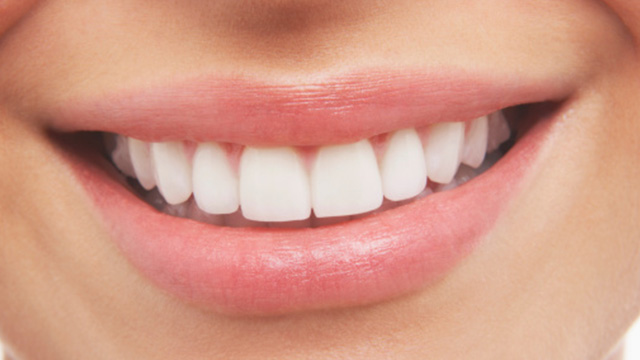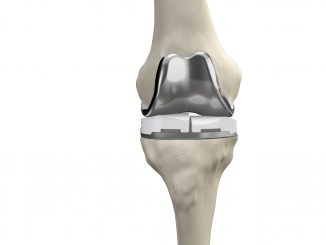
The tooth enamel has an extremely important role. A beautiful smile means taking proper care of your dental health, with regular visits to the dentist. Taking the necessarily time to brush your teeth properly can keep your teeth and gums healthy.
Our smile depends equally on ourselves, not just on the dentist. And the more time we dedicate to our oral health, the bigger the chances that we will enjoy healthy teeth when we’re older.
Why is it so important to keep our teeth enamel healthy? How does it affect us? Why do we get cavities and have sensitive teeth? Find the answers to these questions below.
What is the tooth enamel?
Tooth enamel is a very important element in the dental structure. It represents the outer layer, covering our teeth. When the tooth erupts in the oral cavity, the cells responsible for the formation of the enamel lose their functionality. That is why enamel can not be regenerated if it is destroyed by erosions.
Dental enamel is known to be the most durable structure in the human body (much tougher than bone). In its mature form, enamel contains more than 95% mineral, making the teeth resistant to scratches.
What can damage the tooth enamel?
The acids produced by bacteria in the bacterial plaque on the teeth can lead to the decrease of the tooth pH and the demineralisation of the enamel. A slight demineralization can occur whenever we eat or drink something acidic. The enamel can also break or crack, so we need to be very careful, because once the enamel is destroyed, we can easily lose the tooth because of the complications that may occur.
One of the main causing factors of dental erosion is the consumption of acidic beverages, or citrus juice, and other foods. Acid beverages contain phosphoric acid, fruits contain citric acid, fermented products contain lactic acid, grapes and wine contain tartaric acid. It is important to consume these foods with moderation and only during meals.
Various diseases can also affect our enamel
Digestive problems such as bulimia, which cause vomiting or acid reflux can also affect tooth enamel to some extent, depending on the stage of the problem.
Normally, saliva neutralizes acids that cause dental erosion, but there may be situations where it can no longer serve as an adjuvant. Xerostomia, the dry mouth sensation, is a symptom that often occurs when the saliva level in the mouth decreases. In this case, acids remain at the mouth for a longer period of time, affecting the enamel, and possibly causing erosions and cavities.
What can we do to keep our enamel healthy?
Do not use your teeth to open containers! You could very easily tear or crack your enamel. Other habits such as nail biting may have similar effects on enamel. Those who crumble ice cubes or candies are at a risk of remaining both enamel-less and toothless.
Brushing too hard or incorrectly, for example, using horizontal movements, is another common mistake. If you brush your teeth with too much force you can destroy your enamel. This leads to gum and teeth sensitivity, and to the appearance of various diseases. Buy a toothbrush with soft or medium brushes and brush your teeth in circular movements.
Speaking of teeth whitening, it is normal to want your teeth whiter and go to the dentist for that. Especially since as we grow older, the teeth become more yellow because of the food, coffee, or smoking. But if you exaggerate, you may affect the enamel and you will choose with unpleasant surprises, such as cavities.
Not all toothpastes are healthy. If your toothpaste is too abrasive, it may destroy the enamel, even if the effect is whitening. When shopping for toothpaste, it’s recommended to ask for a less abrasive one, if you want to maintain proper oral health.



Leave a Reply